Every Child Must Hear the Word “No.”

No one likes to be disappointed—not adults, and definitely not children. Yet some of the most profound growth in a child’s heart happens not when they get what they want, but when they don’t. As parents, we’re often tempted to smooth over our children’s frustration, rush to fulfill their wishes, or feel guilty when we have to say no. But what if “no” was actually one of the tools we have to train our kids’ hearts?
One of the root causes of entitlement in children is their difficulty handling disappointment. They expect something, and when they don’t get it, they fall apart—emotionally, relationally, or behaviorally. Whether it’s whining about snacks, arguing about bedtime, or sulking over denied screen time, these reactions reveal something deeper than just inconvenience. They reveal a heart that hasn’t learned how to handle life’s limits.
Let’s talk about how “no” can become a spiritual and emotional workout for your child, helping them grow into someone who can face disappointment with grace—and eventually with gratitude.
Disappointment Is the Workshop of the Heart
When a child hears the word “no,” something very important happens. They are invited into what I call the workshop of the heart. In that moment, they begin wrestling internally with the reality that they can’t always have what they want. For some children, that internal wrestling shows up as a tantrum. For others, it’s passive-aggressive sulking or verbal resistance. But no matter the form, that wrestling is necessary.
Disappointment is a kind of emotional grief. And like grief, it involves stages: denial, anger, bargaining, sadness, and eventually, acceptance. When we always say “yes” or quickly distract our children from disappointment, they never get the chance to walk through those stages. They remain stuck in emotional immaturity—frustrated, demanding, and dependent on circumstances going their way.
But when we allow them to feel disappointed, and then coach them through how to respond, we are helping them develop something powerful: emotional flexibility. This trait enables a child to bounce back from frustration, regroup, and keep going. It’s not natural—but it can be trained.
Teaching Kids a Plan for “No”
One of the most helpful things you can do as a parent is teach your child what to do when they’re disappointed. That may sound obvious, but many children have never been given language or structure for handling “no” well. A simple script like “I’m disappointed, but I’ll be okay” gives children both validation and direction. It acknowledges their feeling, but it also moves them forward toward self-regulation.
You can teach your child that disappointment is a normal part of life—something everyone experiences. Share your own stories of disappointment and how you worked through them. For example, “I was really hoping for a relaxing evening, but my meeting ran late and now I have to be okay with that.” Modeling this in front of your children normalizes disappointment and teaches resilience.
You might also role-play scenarios with your child: “Let’s pretend I tell you that we’re not going to the park today. What can you say? How can you handle that feeling?” Practicing these situations in a calm moment equips your child to handle them better in real time.
The Difference Between Firmness and Harshness
It’s important to note that this kind of training requires firmness—but not harshness. Firmness is about clarity and consistency. It means your “no” means no, and that you’re not easily swayed by whining or manipulation. It communicates security. Harshness, on the other hand, is reactive. It’s fueled by frustration or anger. Where firmness builds a child’s strength, harshness tears them down.
One example of firmness in action might be this: “I know you’re disappointed that we’re not buying that today. It’s okay to feel upset, but you may not whine or argue. When you’re ready, we can keep shopping.” This type of response helps the child understand that disappointment is not a license for disrespect or chaos. It teaches boundaries and reinforces emotional control.
As you use firmness consistently, you may notice that your child becomes more stable in the face of everyday frustrations. That’s the goal—not perfection, but growth.
Moving from Entitlement to Gratitude
When children start to respond well to disappointment, something deeper begins to change. Their beliefs shift. Instead of assuming they deserve everything they want, they begin to develop humility and contentment. They start to appreciate what they do have rather than demanding more. And over time, gratitude takes root.
Gratitude and entitlement cannot coexist. The more you train your child’s heart to live with gratitude, the more entitlement will lose its grip. But that journey begins, surprisingly, with disappointment. In fact, disappointment often becomes the doorway to maturity, character, and spiritual depth.
It’s no wonder the Bible is filled with encouragement to rejoice in all circumstances and to be thankful in all things. Gratitude is God’s way of protecting our hearts from bitterness and pride. And it’s something we can—and must—teach our children.
Start Training Today
So the next time your child hears “no” and begins to unravel, remember this: You’re not just trying to stop a meltdown. You’re training the heart. You’re helping your child develop the emotional and spiritual muscle they need to thrive in a world full of limitations. And with consistent practice, you’ll see gratitude begin to grow where entitlement once ruled.
This is just one of many practical, heart-based tools we teach in our course How a Heart-Based Approach Changes Everything. If you’ve ever felt like your parenting is stuck in behavior management mode and you’re longing for something deeper, this course is for you. You’ll discover strategies that work for the long haul—because they target the heart, not just the surface.
Check out the course at app.biblicalparenting.org/it-changes-everything You’ll walk away with real tools, renewed hope, and a deeper understanding of how to shape your child’s heart—not just their behavior. Because yes, “no” really can be a gift. And the growth it produces is worth every moment of the work.
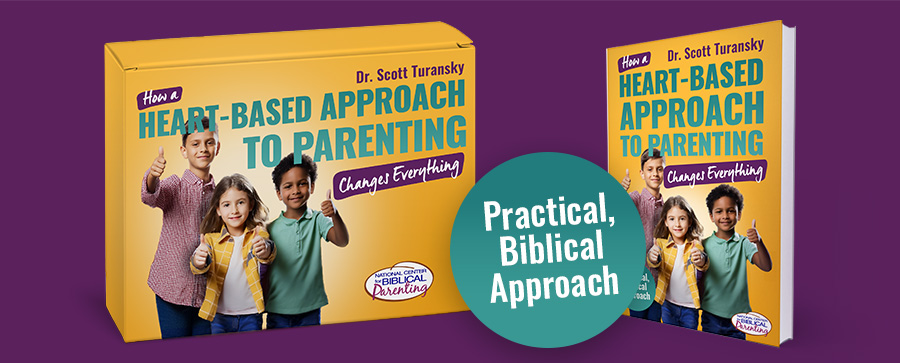

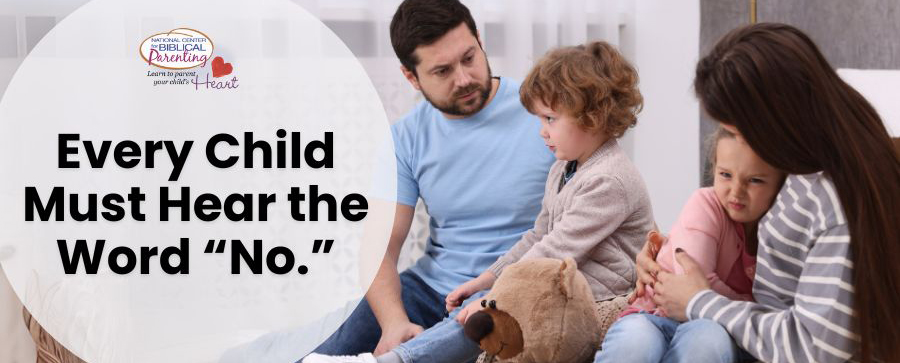




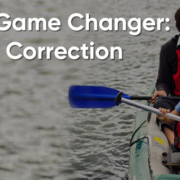

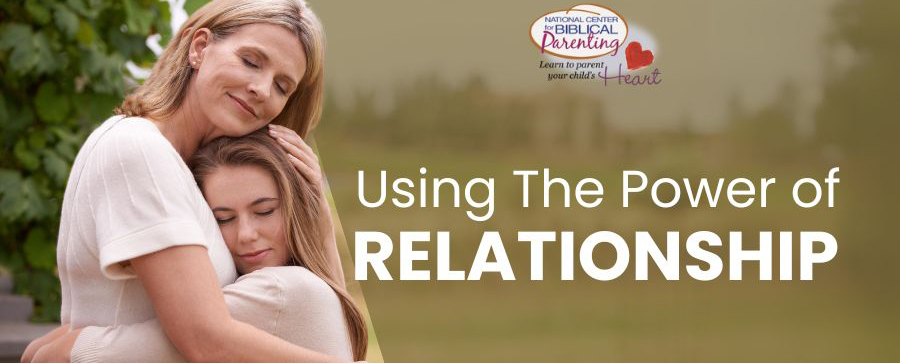
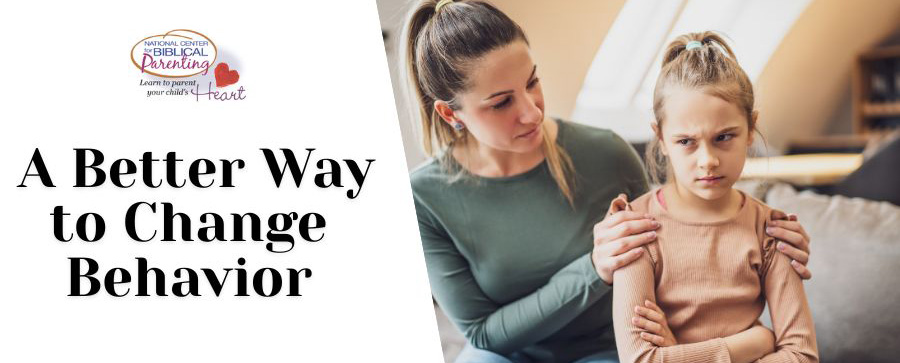
Leave a Reply
Want to join the discussion?Feel free to contribute!